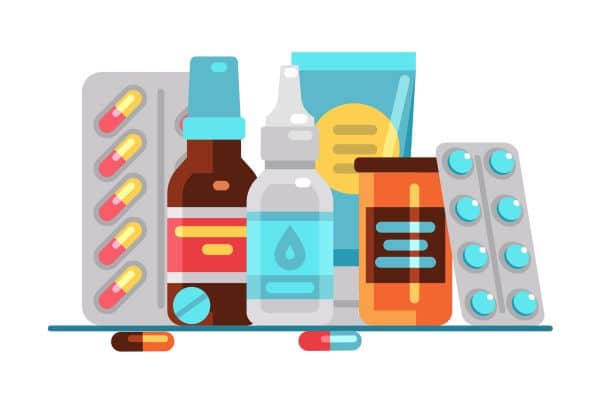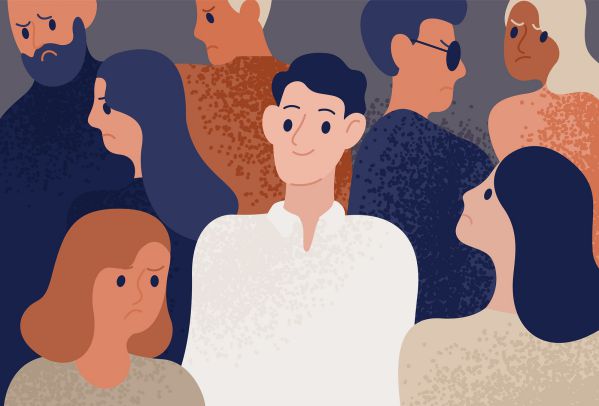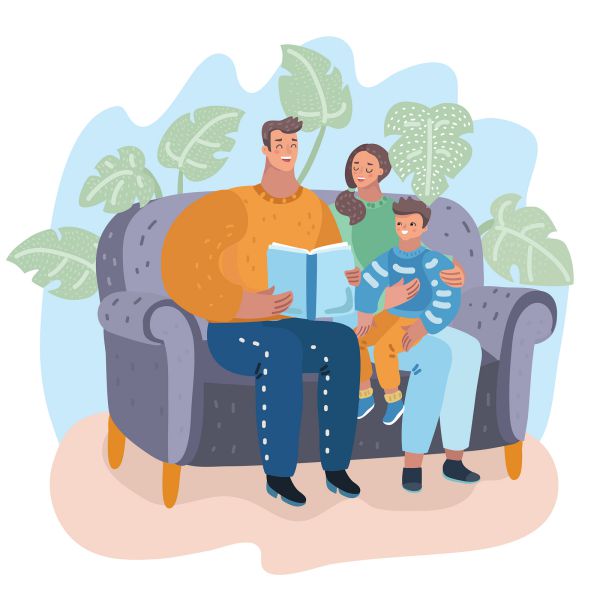Voices
Questions from a patient… on Authenticity, Love and Purpose in Medical Education
Feb 25, 2012 was a dreary “typical” wintry day in Michigan but one that changed meaning and purpose in my life (or at least my second life) forever. You see… I suffered a sudden cardiac arrest and a heart attack that day that left me without a heartbeat for some 30+ minutes. Following this traumatic event, I vowed to try and figure out who (and how) to share my gratitude. The first person to thank was my lovely bride (though I suspect there are some days she wonders about saving me 😊) but in the end, I hope her life is more fulfilled with me still in it.
After her, I reached out to the University of Michigan health system and have found many wonderful colleagues to share my gratitude. Ultimately, this led me to leave my 30-year career in University Housing to find ways to harness the innovative power that comes from grateful patients partnering with healthcare to solve some of the thorniest problems that exist in medicine today. My webpage, https://www.patientispartner.com hopes to harness the ideas patients can have to help create the kind of culture that eradicates the current “industrialization” of medicine. As a practicing “questiononlogist,” I offer the following 3 question “areas” to consider in re-thinking the “industrialization” of medicine and find ways to LOVEMEDED again. One of the ways a movement can start is to make the change with how we recruit, educate and train the future of medicine.
MY QUESTIONS from a Patient Lens
What if patients joined the physicians to drape the white coats on new medical students at the white coat ceremony?
Involving patients (invited from the faculty) might be the perfect symbol to show incoming students that this profession will always be about a special bond between patient/doctor where the patient invites the doctor into their life, often at the most vulnerable time.
What if patients/families were asked if they would like to include a photo of the patient at their best in their medical record? How might we look at “ournotes” as a way to show love and caring?
Electronic medical records can be a challenge in showing love, compassion and care for patients. Is it possible that by including a photo that doctors would never allow themselves to see their fellow humans as “parts to be fixed?” Might sharing notes with patients result in a truly authentic partnership where both patient and doctor work together to assure the best possible outcome?
How might patients be invited to be authentic co-producers of a medical education curriculum that lends itself to authenticity, love and purpose? Might it be transformational?
Patients (particularly patients without healthcare backgrounds) might be the secret to innovation on how to transform medical education. Together, we can, and will, bring the humanity back into human medicine!
Greg

Many of us remember the first time we told our spouse or significant other “I LOVE YOU.” In the early stages of the relationship we grow closer with more intimacy and vulnerability, and find ourselves beginning to think “I LOVE YOU” but then filtering the words into another phrase so that we don’t make things awkward or – worst case scenario for some – say it first.
Early in my medical education career I had the good fortune to learn from a generous and wise physician educator who introduced me to Carl Rogers, the famous humanistic psychologist who encouraged ‘unconditional positive regard’ for clients. This physician helped us see that to be an effective teacher (and for our learners to become the best version of themselves), we needed to pair excellence in clinical knowledge and educational expertise with unconditional positive regard for our learners. This requires acceptance and support regardless of what the individual says or does. Regardless! How quickly do we as teachers lose patience with students and residents (with our perception of frequent generational ‘entitlement’), with our colleagues (why isn’t my 1 o’clock patient roomed yet?) and with our patients and their families? “I don’t know why they’re coming back in to see me today . . . things don’t change no matter what I recommend.”
I am so humbled by our early medical students in their enthusiasm, passion and commitment to health equity, to truly patient-centered care, and to making the world a better place because of their efforts. In a few short years the conversations have changed from focusing on medicine in the medical system to health in the community and society. This has enriched our profession and the link between threats to health (poverty, racism, sexism, geographic disparities) and to what our profession and the other health professions (nurses, social workers, therapists, pharmacists) can do to treat individual patients, families, communities and society with unconditional positive regard.
Love in medical education is novel – and it requires two efforts: unconditional positive regard for everyone (even when it’s hard) and saying the word despite the awkwardness it might entail. The first requires empathy, patients, and selflessness. The second requires courage. I hope to meet this challenge – and I hope you will join us in this movement.
Stephanie

I’m struck by the language in your email and on your website and how different it is from the language we’ve become accustomed to in clinical medicine. As a writer and lover of poetry, I am sensitive to the way language shapes our experience of the world. As medicine has become increasingly industrialized, physicians have unwittingly adopted the language of industry. We absorb and repeat dehumanizing language that speaks of increasing clinical and academic “productivity,” meeting “quality metrics” and “optimizing” patients. Yet these words have nothing to do with our true purpose. We were called to a life of service, not industry. We were called to care, to heal, to listen generously. We were called to seek justice, to love, and to sacrifice for our patients. There is no higher purpose. It is time for physicians to reclaim our lost vocabulary and to raise our voices.
Gaetan

